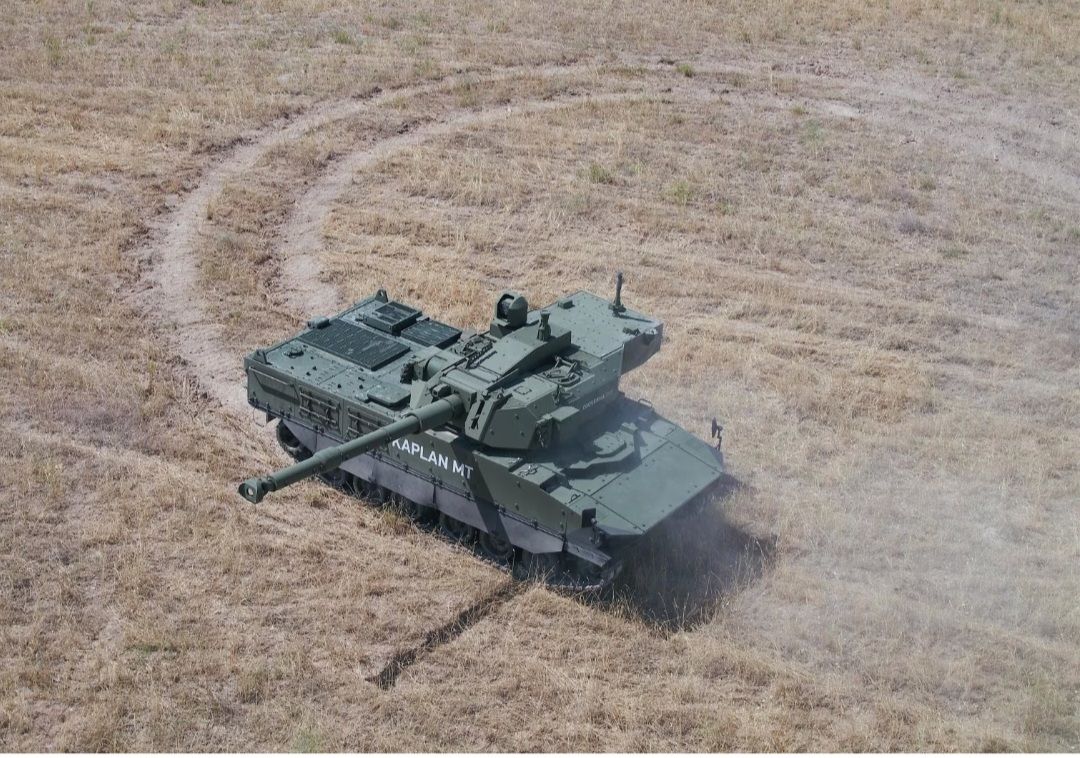عن أنس رضي الله عنه قال: قال رسول الله صلى الله عليه وسلم: ما كان الفحش في شيء؛ إلا شانه، و ما كان الحياء في شيء؛ إلا زانه
On the authority of Anas (Allāh be pleased with him), that the Messenger of Allāh (sallāhu alaihi wa salam) said:
Indecency is not present in an affair except that it makes it ugly, and shyness/shame is not present in an affair except that it beautifies it. (Authenticated by al-Imām Al-Albāni in Sahīh At-Tirmidhi vol.2 pg. 369)
Shaykh Zayd ibn Hādi (rahimahullāh):
This hadith indicates the great status of shyness/shame in the religion of Islam, due to (the effect it has on the servant of) making him feel ashamed of facing Allah, whilst abandoning His commands, or carrying out a prohibition, or wrongdoing in speech or action in an affair connected to the rights of the creation.
Alongside that, the Hadith shows the dispraise of indecency in speech or actions, regardless of if it is linked to the rights of Allāh, His messenger or the ummah (in general). This is because Islam calls to the adornment of all praiseworthy characteristics, statements and deeds and the abandonment of all lowly despicable characteristics, actions and statements.
عن أبي الدرداء رضي الله عنه قال: قال رسول الله صلى الله عليه وسلم: إن الله يبغض الفاحش البذيء
Abu ad-Darda (Allāh be pleased with him), said that the Messenger of Allāh (sallāhu alaihi wa salam) said:
Verily, Allāh hates the fāhish and the badhī.
Shaykh Al-Fawzān (hafidahullāh) explains:
Al-Fāhish are the perpetrators of foul indecent disgusting actions and Al-Badhī are the utterers of indecency, cursing, revilement and slandering etc.
All of these affairs are evil and Allāh hates those who posses these two characteristics.
ليس المؤمن بالطعان، ولا اللعان، ولا الفاحش، ولا البذيء :عن عبد الله بن مسعود رضي الله عنه قال قال رسول الله صلى الله عليه وسلم
‘Abdullāh ibn Mas’ūd (Allāh be pleased with him) narrated that the Messenger of Allāh (sallāhu alaihi wa salam) said:
The (complete) believer does not revile and curse (frequently whether he has a reason or not) and neither does he commit immoral vile disgusting deeds or utter lewd immoral speech. (Authenticated by al- Imām Al-Albāni in Sahīh At-Tirmidhi vol.2 pg. 370)
Shaykh ‘Abdullāh Bassām (rahimahullāh) mentions at the end of his explanation of this hadīth:
In conclusion, these are not the manners of someone whose heart has been illuminated with the light of īmān in Allāh. Nor of one whose manners have been beautified by at-Taqwa. Or of one whose conduct has been improved by worship, or by the one whose tongue has become rectified and refined by adh-dhikr; rather these are only the manners of the riffraff from the sinful and hypocrites.
Shaykh Zayd ibn Hādi (rahimahullāh) concludes his explanation of the hadīth of Anas by saying:
When the issue is as you have learnt oh Muslims, then verily it is compulsory upon us to take an example from what these texts show us, in relation to the praiseworthy nature of shyness/shame and the evil of depravity, indecency, lewdness etc.
Compiled, abridged and paraphrased from:
Shaykh Zayd ibn Hādi’s ‘Awnul-Ahadis-Samad Sharhul-Adabil-Mufrad vol.2 pgs. 213-214
Shaykh Fawzān’s Tashīlul-Ilmām bi Fiqhil-Ahādīth min Bulūghil-Marām Vol.6 pgs 263-264
Shaykh ‘Abdullāh Bassām’s Tawdīhil-Ahkām min Bulūghil-Marām vol.7 pg 497







